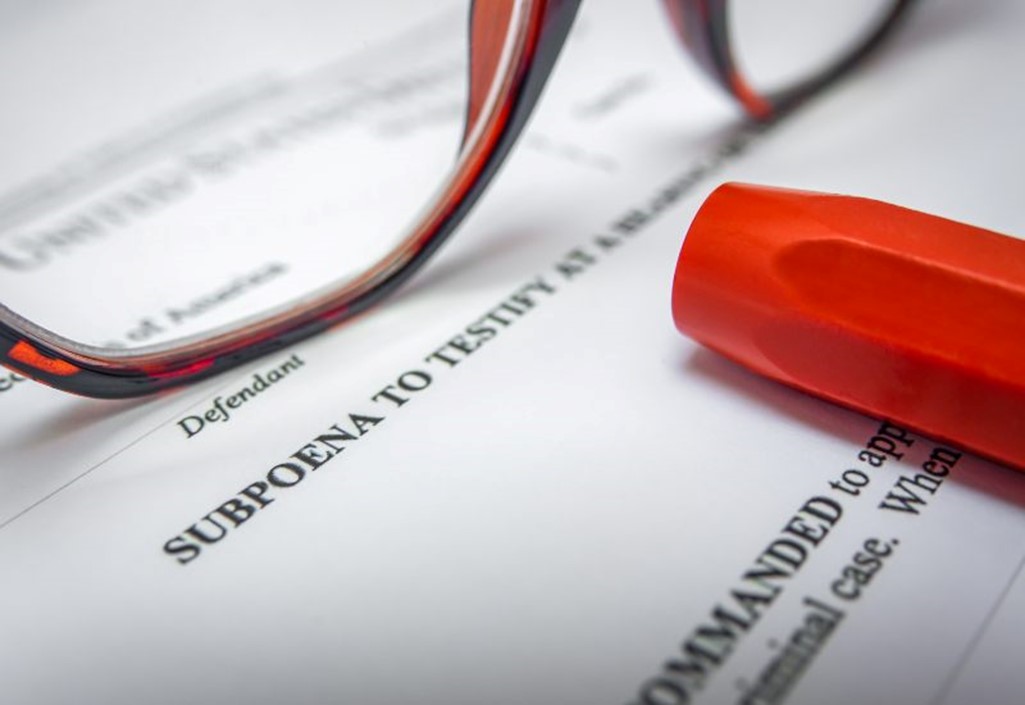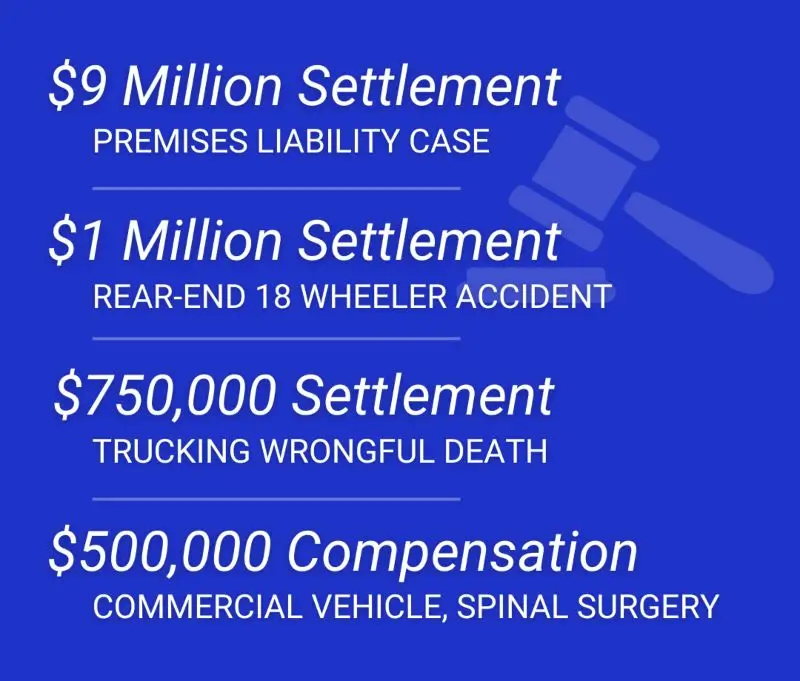A subpoena is a legal tool used to compel someone to testify or produce documents in court. However, some subpoenas may be deemed invalid under certain circumstances. Learn what makes a subpoena invalid to save time and stress if you find yourself on the receiving end of one.

Common Grounds for Invalid Subpoenas
- Lack of proper service: Subpoenas must be delivered as specified by law, typically in person or by mail. If the subpoena is not correctly served to the right person or entity, it can be challenged on this basis.
- Insufficient time for compliance: A subpoena must allow a reasonable amount of time for the recipient to comply. If the subpoena demands the production of documents within an unreasonably short period, it can be considered invalid.
- Geographical limitations: In some jurisdictions, including Texas, a subpoena may be invalid if it requires a person to travel more than 150 miles from where they live or work. This limitation prevents undue burden on the person being subpoenaed.
- Request for privileged information: A subpoena that demands the disclosure of protected information, such as attorney-client communications or medical records, is invalid unless accompanied by a proper waiver or exception.
- Unreasonable or overly broad requests: If a subpoena is excessively broad or seeks information irrelevant to the case, it can be contested. Courts generally frown upon fishing expeditions and require subpoenas to be specific and pertinent to the litigated issues.
Steps to Challenge an Invalid Subpoena
- Review the subpoena: Carefully examine the subpoena for the issues outlined above. Identifying improper service, insufficient time for compliance, or overly broad requests could be sufficient to mount a challenge.
- Consult an attorney: Seek legal advice if you believe a subpoena is invalid. An attorney can help you understand your rights and the best course of action based on your situation.
- File a motion to quash: If you decide to challenge the subpoena, you will need to file a motion to quash with the court that issued it. Clearly state the grounds for your challenge and include supporting evidence.
- Serve the motion: Once your motion to quash is prepared, serve a copy to the party that issued the subpoena, notifying them of your challenge and allowing them to respond.
- Attend the hearing: The court may schedule a hearing to consider your motion to quash, where you will present your arguments and evidence. The judge will hear both sides before making a decision.
- Comply if necessary: If the court denies your motion, you must comply with the subpoena. However, you may be able to seek a protective order to limit the scope of the subpoena or safeguard sensitive information.
Contact an Experienced Attorney
The rules and procedures for challenging a subpoena depend on the court and type of case. It’s always wise to consult an attorney for help protecting your rights in response to a subpoena. Nava Law Group has over 150 years of combined legal experience, specializing in personal injury law. Our highly qualified team is dedicated to addressing your concerns and meeting your needs. If you have questions about a subpoena or other legal issues, contact us at 713.661.9900 and schedule a free consultation at one of our offices in Houston, Bellaire, Edinburg, or Austin, TX.








